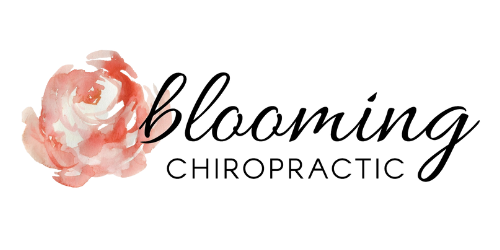Have you heard of the fourth trimester?
The term "fourth trimester" refers to the concept that the first three months after a baby is born are a period of significant adjustment and development for both the baby and the mother. While pregnancy is traditionally divided into three trimesters, the fourth trimester recognizes the continued physical, emotional, and psychological changes that occur in the postpartum period.
During the fourth trimester, the baby undergoes rapid growth and development as they transition from the womb to the outside world. They are adjusting to new sensory experiences, learning to breastfeed or bottle-feed, and developing their sleep patterns. It is a time when they are most vulnerable and dependent on their caregivers.
For the mother, the fourth trimester involves recovering from childbirth, adapting to the physical and hormonal changes, and learning how to care for her newborn. It can be a challenging time as she navigates the demands of breastfeeding or feeding, healing from any physical trauma, and coping with sleep deprivation and hormonal fluctuations.
The concept of the fourth trimester emphasizes the importance of providing support and nurturing during this early postpartum period. It recognizes that both the baby and the mother require time, care, and understanding as they bond and adjust to their new roles. It is a period that sets the foundation for the baby's development and the overall well-being of the family.
How to prepare for fourth trimester:
Build your support tribe-Reach out to family, friends, or other new parents for support. Consider joining a support group or connecting with online communities to share experiences and seek advice. Having a support network can provide emotional support, practical help, and reassurance during the early days with your baby. Some professionals that can be beneficial during this stage are lactation consultants, postpartum doulas, postpartum therapists and support classes.
Establish your postpartum self-care- Take care of your own physical and emotional well-being. Rest as much as possible, eat a balanced diet, and stay hydrated. Seek support for any physical discomfort or postpartum mood changes. Engage in activities that help you relax and recharge, such as gentle exercise, meditation, or hobbies you enjoy. Some professionals that can be beneficial during this stage are chiropractors, massage therapists, acupuncturist and pelvic floor therapists.
Check out our blogs on postpartum self care
The Importance of support during the fourth trimester
How does chiropractic help with breastfeeding?
Upper back pain during postpartum
Set realistic expectations- Understand that the fourth trimester can be physically and emotionally challenging. Recognize that it's normal to feel overwhelmed, tired, or emotional during this time. Give yourself permission to rest, prioritize self-care, and ask for help when needed.
Create a postpartum care kit- Assemble a postpartum care kit that includes items like maternity pads, nursing bras, comfortable clothing, nipple cream, and any other supplies you may need for your recovery.
Communicate your needs and boundaries- Talk to your partner and loved ones about your expectations, needs, and boundaries during the fourth trimester. Establish clear communication channels to ensure everyone is on the same page and can provide the necessary support.
If you have any questions, please do not hesitate to contact.
To schedule an appointment, please call or text us at 657-845-1669 or use the online schedular.


